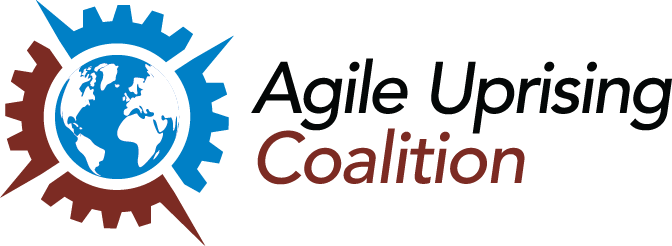This hit me in the feels.
When have you had to restore trust? It can be breached on many different levels in many different way. How do you bring it back when it has been lost?

This hit me in the feels.
When have you had to restore trust? It can be breached on many different levels in many different way. How do you bring it back when it has been lost?
My last job was at Barclays…which everyone knows has been the go to “bad actor” in banking for years with the LIBOR rigging, silver manipulation, attempting to extort the Bank of England,etc. They were offering classes in this topic, and the thing that always stuck with me was the instructor saying “trust takes a lifetime to gain, and can be blown away in an instant” (see: LIBOR). The class discussed in detail the relationship between trust, risk, and control, and how sacrifices in one lead to problems in the others. Neat theory.
The only way to truly re-establish trust in my book is to follow through on what you say, say what you mean, and take ownership. The C-level at Barclays was trying to do this (in as far as I could see) and you could see the culture changing. Unfortunately they then proceeded to run out the CEO who was universally loved (bc he wasn’t making the stock price go up fast enough) and lord knows what it’s like now.
The story is a common one… and it keeps happening. But, it’s a good story, with a good shift/ending.
Here’s my story for trust and restoring it…
On my first agile team, the one I learned about agile during… we had an agile coach come in and help. He was directly taught from “Uncle Bob” and worked for the firm he led… point being, these were the first round of coaches coming from the folks that signed the manifesto.
Our coach trained me (the new SM), he coded with our dev’s (pair programming, TDD), he wrote stories (PO, BA’s)… he did it all.
BUT… after a few weeks, the team clearly had a distaste for him. A culture of silence had formed, and we hit a wall.
What did we do? How did we get that trust back?
He asked me for feedback… and I told him. Bluntly. Very Bluntly… 1:1.
Then he asked for a spontaneous team retrospective, but this time… he stated he wouldn’t be in the room.
AND, he stated, it was solely about how he was “fucking up”.
I ran the retro, the team vented, I consolidated the complaints. I handed them to him after.
The next day, he came in… he waited til the end of standup. And then he spoke to the team about each complaint and how he messed up, and how he was going to do better. He asked questions, he suggested changes, he validated the team wanted the new ways, and he thanked the team for their honesty.
And then he followed through…
3 months later, we loved the guy. We’d forgotten about all of it, and many of us used that agile experience to change the course of our careers towards agile. I consider that coach my original agile mentor.
Like @JayHorsecow said… take ownership, and follow through. One of the most impactful things I can do at work is take responsibility for a mistake and say it out loud. Then state what will be different and do it.
Powerful story and reminder @kschlabach of how to show up.
Trust also happens at a “Team Level” - ALEXEY PIKULEV has a nice “Team Trust Canvas” approach, while a few years old, I think it still holds up:
Having something, even though it is subject to change at any time, as a starting point is great for new team member onboarding, a focal point for working thru conflicts, etc.